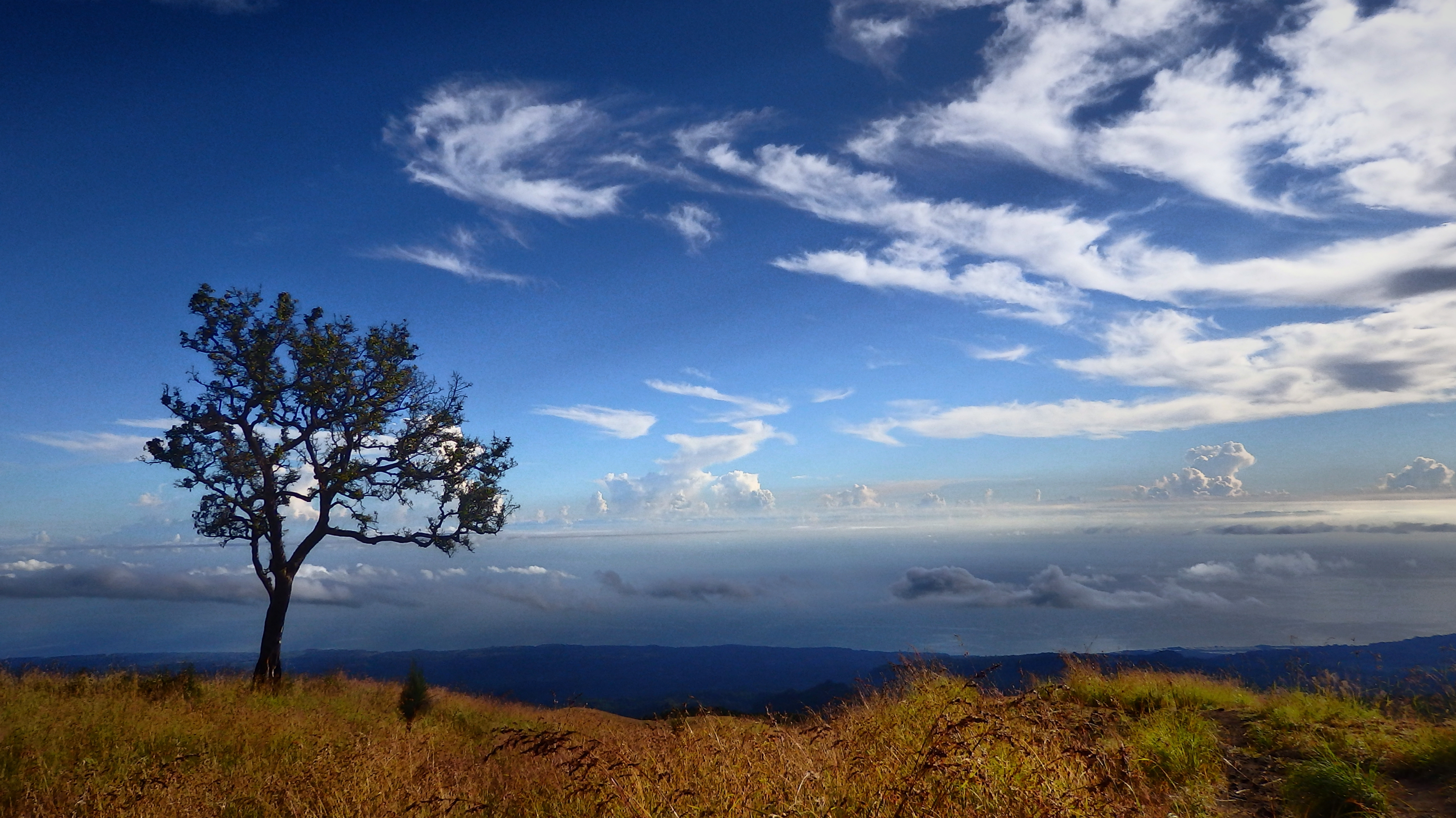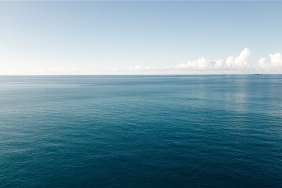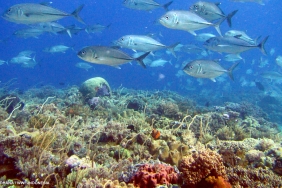WWF MOBILIZES STAKEHOLDERS' COMMITMENT TO SUPPORT ENVIRONMENTAL SERVICES IN WEST LOMBOK
Author: Kurniawan (NTFP & PES Analysis Officer, WWF-Indonesia West Nusa Tenggara Program)
Currently, the condition of natural resources on Lombok Island is increasingly under pressure such as the rapid increase in population, land use change and conversion, excessive exploitation of natural resources, and so on. According to WWF-Indonesia data in 2008, in 1999-2006, around 40,004.91 ha of forest cover on Lombok Island experienced changes and river discharge decreased by around 3.8% per year. One of the forest areas that is facing pressure is Rinjani. In fact, based on WWF-Indonesia data in 2002, the natural ecosystem in this area contributes greatly to the availability of clean water sources, maintaining the macro climate, and forest products - both timber and non-timber - worth 5.1 trillion rupiah.
To address these pressures, environmental services schemes can be one solution. In general, environmental services can be defined as landscape products that are seen as services - or provide benefits to humans - which can be classified as biodiversity conservation, hydrological functions, carbon sequestration, and natural beauty. Of course, the implementation of this approach requires the active role of all parties including the government, private sector, NGOs, and communities.
In 2010, WWF-Indonesia initiated and implemented an environmental services scheme on Lombok Island with the support of various parties, including the Multi-Party Institution (IMP), which is an institution consisting of stakeholders - such as the government, community groups, private sector, PDAM, and NGOs - that ensures the management and distribution of environmental services funds to be used to support conservation efforts and community empowerment in a transparent and accountable manner. The existence of IMP itself has been recognized through the establishment of West Lombok Regional Regulation No. 4 of 2007 concerning Environmental Services.
Since 2015, together with IMP, WWF-Indonesia has mobilized the commitment of the hotel business to participate and contribute to the management of environmental services in West Lombok Regency, considering that the industry is one of the users of environmental services that depends on natural resources (such as clean water) and market potential (such as ecotourism).
There are about six hotels in the Senggigi area that have committed to implementing environmental services in their operations. The six hotels are The Jayakarta Lombok Hotel, Kila Hotel, Holiday Resort, Sudamala Resort, Qunci Villa, and Svarga Resort. To date, the commitment of the six hotels has been realized through various activities, including the establishment of fundraising booths in each hotel, disseminating information - in the form of booklets and postcards - containing conservation messages related to environmental services to their customers.
With more parties committed and playing an active role in the implementation of environmental services in West Lombok, it is hoped that it can support conservation efforts in Indonesia, especially on the island of Lombok. If these commitments and active roles are not carried out properly, the pressure on nature will not only cause clean water scarcity; drought; floods; and landslides, but also the expansion of critical land which can lead to increased social conflict.





